Very often in life we are eligible to do things we may not be completely ready to do. Young people earning their driver’s license at age 16 are eligible to drive, but few are fully ready. Someone wanting to go skiing is eligible to do so once they buy a lift ticket. However, they’re not ready until they have the right gear and a sufficient skill set to get down the mountain. Students are eligible to go to college when they meet the specific criteria the college establishes. They may lack key knowledge, skills, and work habits necessary to be ready.
The result in all cases of being eligible but not necessarily ready is that the experience is much more challenging and the failure rate higher. It’s generally too expensive or time consuming to determine readiness fully, so this responsibility falls on the individual. What are a few aspects of readiness to consider when you’ve met the eligibility standard?
Most activities that have an eligibility standard have a knowledge component. Do you know the specific content, procedures, methods, and techniques necessary to succeed at the entry level? These activities also require a mindset or way of handling problems that may arise. Do you have a basic set of problem-solving strategies necessary to engage in the activity? Finally, often it is necessary to make a transition of some sort to participate in the activity. Have you considered the changes that are necessary to make the transition required by the activity?
Using college as the example, young people eligible to attend college might ask themselves the following questions when trying to gauge their readiness:
· Do I have necessary foundational skills in reading, math, and other subjects?
· Do I have higher skill levels in the specific area I’m interested in studying in college?
· Am I highly motivated? Will I persist if I encounter difficulties or challenges?
· Will I be able to manage my time and demonstrate discipline sufficient to get the work done?
· Do I have thinking strategies to understand what I’m learning at a deeper level?
· Can I make the transition to being a college student? Do I understand all that this entails? Am I ready to advocate for myself and take control of my own life?
Attending to eligibility is important, but overlooking readiness in the process leads to frustration. You end up asking yourself: If I’m eligible, why am I not succeeding? Taking the time to ask the right questions about readiness will help make even the simplest tasks more positive and productive.


